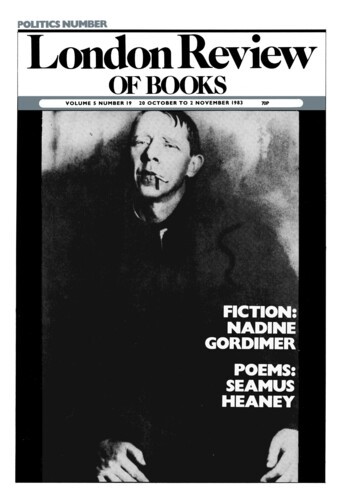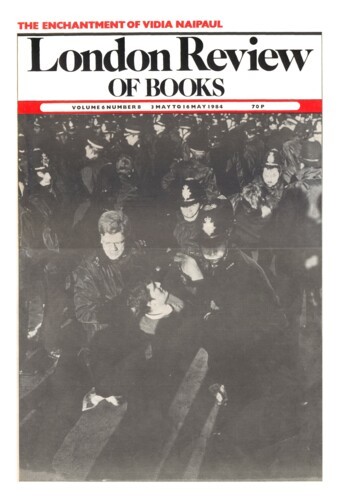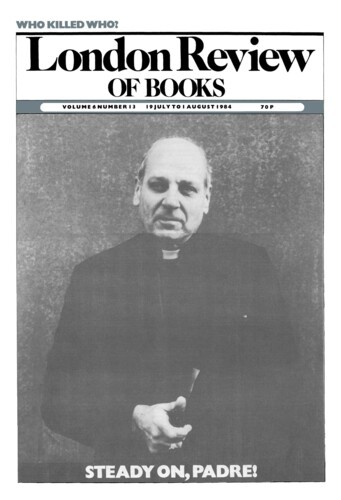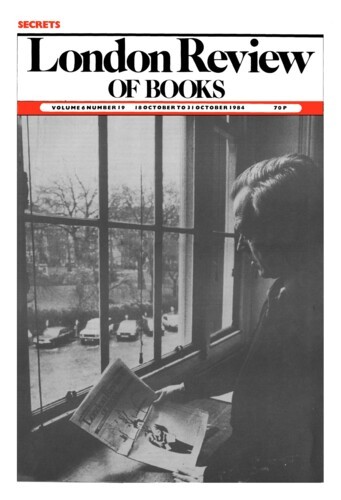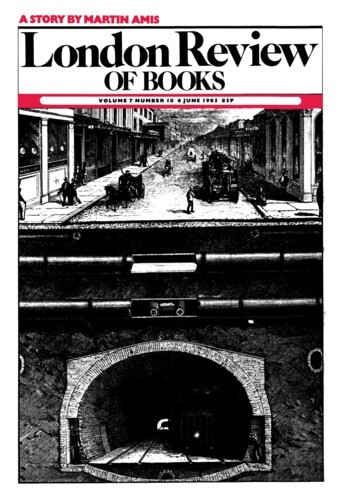Good Sausages
P.N. Furbank, 20 October 1983
The facts of Denton Welch’s brief life are fairly well known, partly of course because they were his sole subject-matter as a writer. He was born in 1915, the youngest of three brothers, and spent much of his boyhood in China, where his father had business interests. His adored mother (an American, and a Christian Scientist) died when he was 11, and this event caused him a deep emotional disturbance, at the height of which he ran away from his much-detested public school. (The action, to his surprise, proved on the whole to have raised him in the world’s, and his own family’s, esteem.) After a spell back in China, he was allowed by his father to enrol as an art-student at Goldsmith’s College, but three years later, while bicycling, he was run down by a motorist, suffering permanent injury to his spine. His convalescence lasted many months and was never complete. Nevertheless he was able eventually to leave his nursing-home, and he resumed painting and began to write. His first (autobiographical) book, Maiden Voyage, appeared in 1943, with a Foreword by Edith Sitwell, and had a great success, as did its successor, the very slightly fictionalised In Youth is Pleasure (1945). Meanwhile he published stories, and an article about Sickert, in Horizon and other magazines. His health gradually deterioriated, and he spent his last years desperately trying to finish a further autobiographical work, A Voice Through a Cloud, which dealt with the time succeeding his road accident. In his last weeks he persisted in writing, though suffering such violent headaches that he could only work for a few minutes a day. He died in December 1948.
